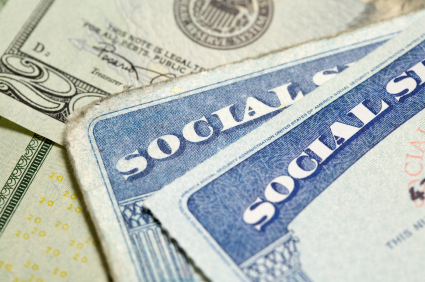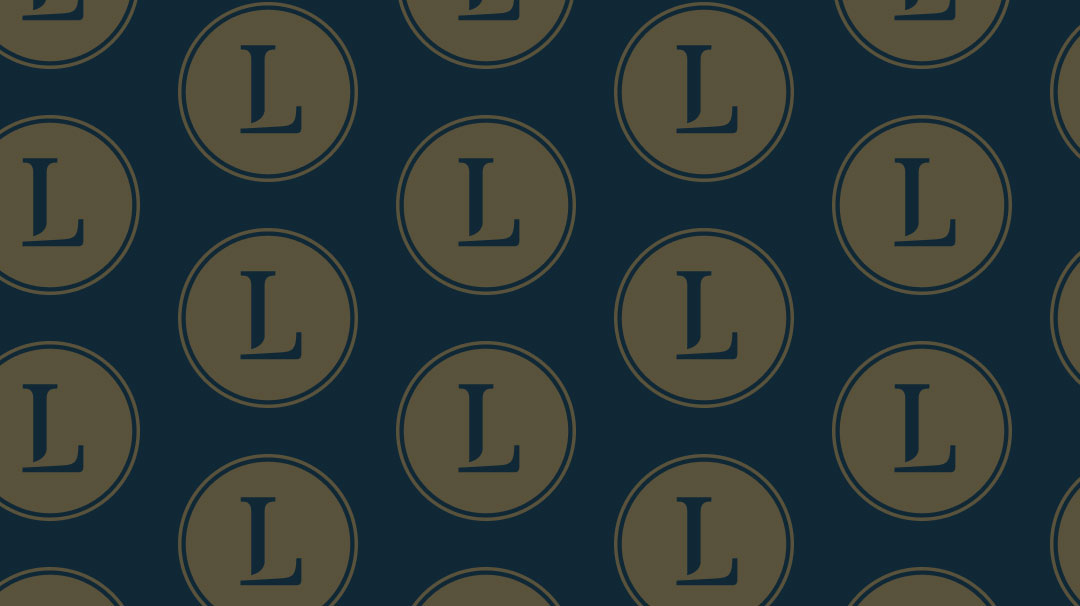
Articles

Latest Article
Claiming Social Security: Sooner or later?
How soon to claim Social Security benefits is essential in retirement planning. Steve Giles offers pros and cons to weigh.
Read more
Past Articles
Staying the course is not staying still
By Kyle Tetting Stock prices move quickly, but fundamentals change slowly. These day-to-day price movements are largely a popularity contest while long-term market direction is a math lesson. Expectations for continued strong earnings growth point to meaningful opportunities for stocks ahead as stock prices tend to mirror that longer-term earnings growth. Patience remains the challenge, counting on appropriate balance to ride out the current storm. But patience, “staying the course” we often say, isn’t about inaction. It’s about small but necessary course corrections to ensure we remain true to the plan.
Pessimism could send a contrary signal
By Kyle Tetting Economists at Yale University’s decades-long confidence surveys ask investors what they believe the probability is of a “catastrophic stock market crash in the U.S. in the next six months.” Individual investors were as pessimistic as ever in August, according to survey data. The most recent report shows little improvement. […]
Retirees: How to handle stock sell-offs
Gyrations in the stock market can play havoc with investors’ emotions and lead to impulsive moves. In a MONEY TALK VIDEO, Dave Sandstrom explains why investors should not let short-term market volatility disrupt important retirement decisions but instead rely on balanced investment portfolios and prudent withdrawal plans. […]
Volatility: What to watch for and why
After a six-month lull, volatility riled the stock market again in October. Prices on the Standard & Poor’s 500 index rose or fell more than 1% in 10 of the month’s 22 trading days. While heightened activity can be disconcerting, it’s par for the course from time to time and reminds investors to balance their portfolios to risk levels they can tolerate. Kyle Tetting explains in a MONEY TALK VIDEO. […]
Ignore bonds at your own risk
With narrower spreads between the yields offered for high-quality and low-quality bonds, investors should be sure they’re getting paid for the risks they’re taking – especially with what’s meant to be the safer side of their portfolio. Kyle Tetting explains in a MONEY TALK VIDEO. […]
Correction: Volatility has returned
By Kyle Tetting This year is off to a strong start. Continued global growth and prospects from tax reform have raised expectations for corporate earnings. At the same time, each new release of economic data suggests more of the Goldilocks growth story (not too hot, not too cold) that has underlined the past few years. However, just as we began to tie a bow on January’s strong returns, a single dark cloud emerged.
